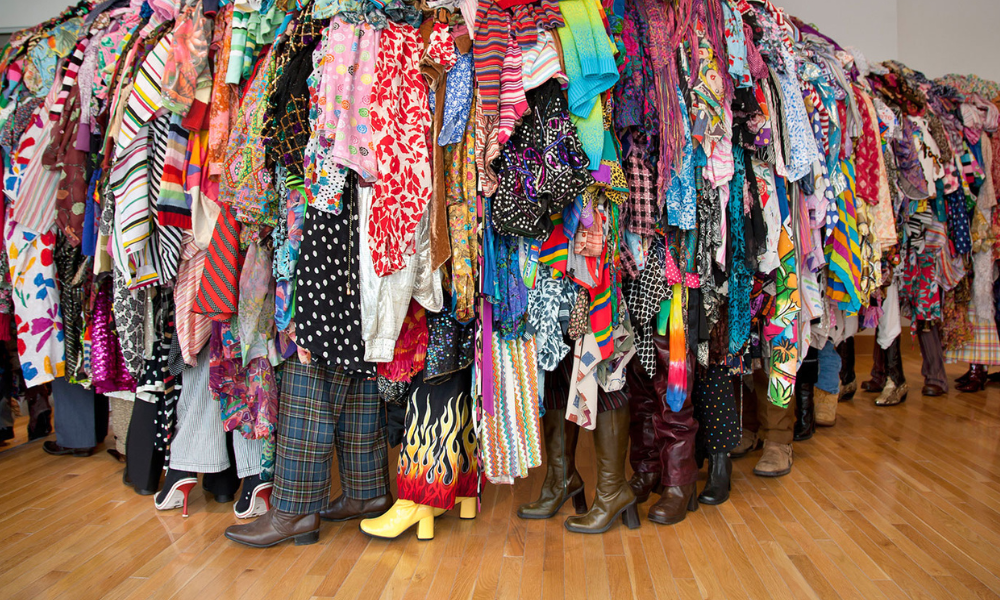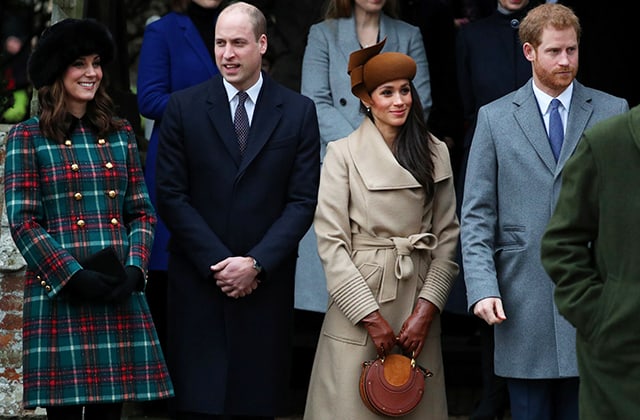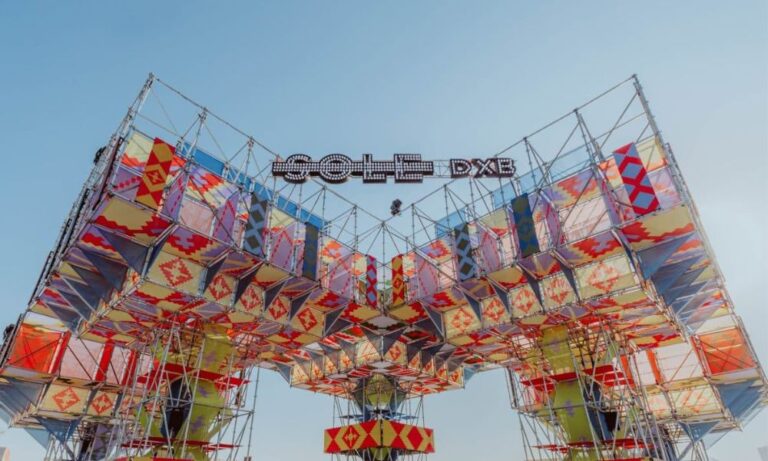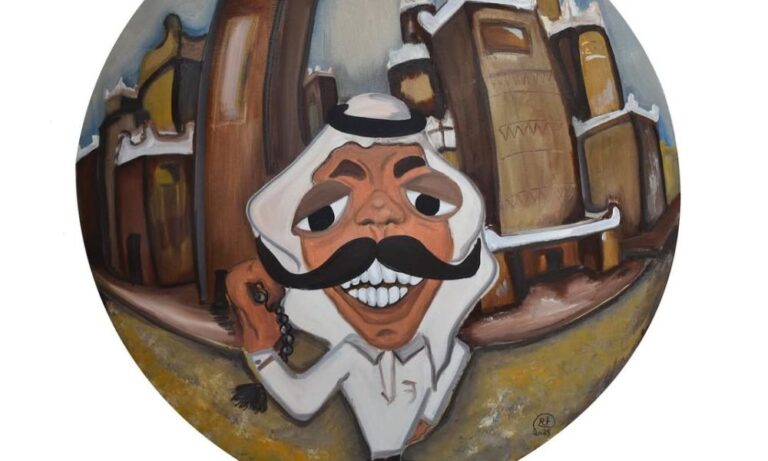In Latin, the prefix “re” can mean either “back” or “again”, while the Latin verb rĕfĭcĭo, which generally translates as “redo”, can also mean reconstruct, repair, complete, heal and recreate. Deriving from the dual concept of return and reiterate, of “back” and “again”, these words are linguistic signs of the birth of the circular economy, on the one hand, and, on the other, of the nostalgia that drives us as we build our future.
Both society and creativity tend to go in circles, creating loops in thought, relationships, the economy, consumer habits, as well as in aesthetics and styles, which is then reflected in our language. In the same way, more and more we tend to make everything circular in order to create a sustainable future based on recollections of the past, an approach that Istituto Marangoni Dubai is key across different study areas and programmes, from Fashion business to fashion design, from styling to interiors. As a higher education institute, we value research, experimentation and our students’ self-expression. Our aim is to grow talents and to enable them, providing them with the knowledge, the tools, the connections with the industry and the entrepreneurial mindset that make the difference nowadays. At an educational level, we encourage our students to deal with the implications of the two key drivers of change that are game changers in creative fields, meaning sustainability on one hand and technological disruption on the other hand. Two topics of paramount importance, especially in the MENA region. For this reason, we have integrated in our curricula subjects such as fundamentals of sustainability in design, 3D modelling for virtual fashion or sustainable business models for the fashion industry such as the “made to order” approach.
When it comes to circular business models, we are witnessing the boom of the secondhand economy, which continues to grow despite the current instability of fashion retail industry. The popularity on social media of the expression “Pre Loved” in Fashion & Accessories has been steadily growing by +52% over the past 18 months, according to the trend forecasting platform Nextatlas, which uses the power of AI to detect and track the evolution of emerging trends and their popularity on trendsetters’ social media stream.
As people seek eco-friendly and budget-conscious wardrobe updates, pre-loved clothing platforms and charity events draw attention. Social media posts showcase pre-loved outfits and brand collaborations in support of sustainable fashion. The popularity of emojis such as the recycle symbol emphasize a rising environmental awareness, pointing toward a growing interest in sustainable and responsible fashion choices, especially among the younger generations.
Consistently with this emerging scenario, at Istituto Marangoni Dubai we strive to encourage our students to embrace the principles of sustainability and circularity, by leveraging these principles in their projects to fuel their creativity and foster a better future. Among the initiatives we did run this year at IM Dubai, a partnership with the Global Fashion Exchange platform founded by Patrick Duffy, a project that aims to reduce the volume of discarded clothes globally. We joined forces to host the very first swap shop in UAE, allowing visitors not only to trade and recycle pre-worn clothing but also to customize them on the spot by applying Swarovsky Reignited Crystals and eventually building community bonds among participants based on their swapped and upcycled one-of-a-kind garments. A second initiative we are very proud of is the industry-project we launched this year in collaboration with The Giving Movement, the Dubai-based label that’s changing the scene when it comes to sustainable athleisure and donating 15 AED to charity with every item purchased. Our fashion design and visual design students have been challenged to create a capsule collection for the brand, then using recycled fabrics to prototype their creations.
ALSO READ: EMBRACE YOUR VACATION: THE POWER OF DISCONNECTING FOR YOUR WELLNESS.




